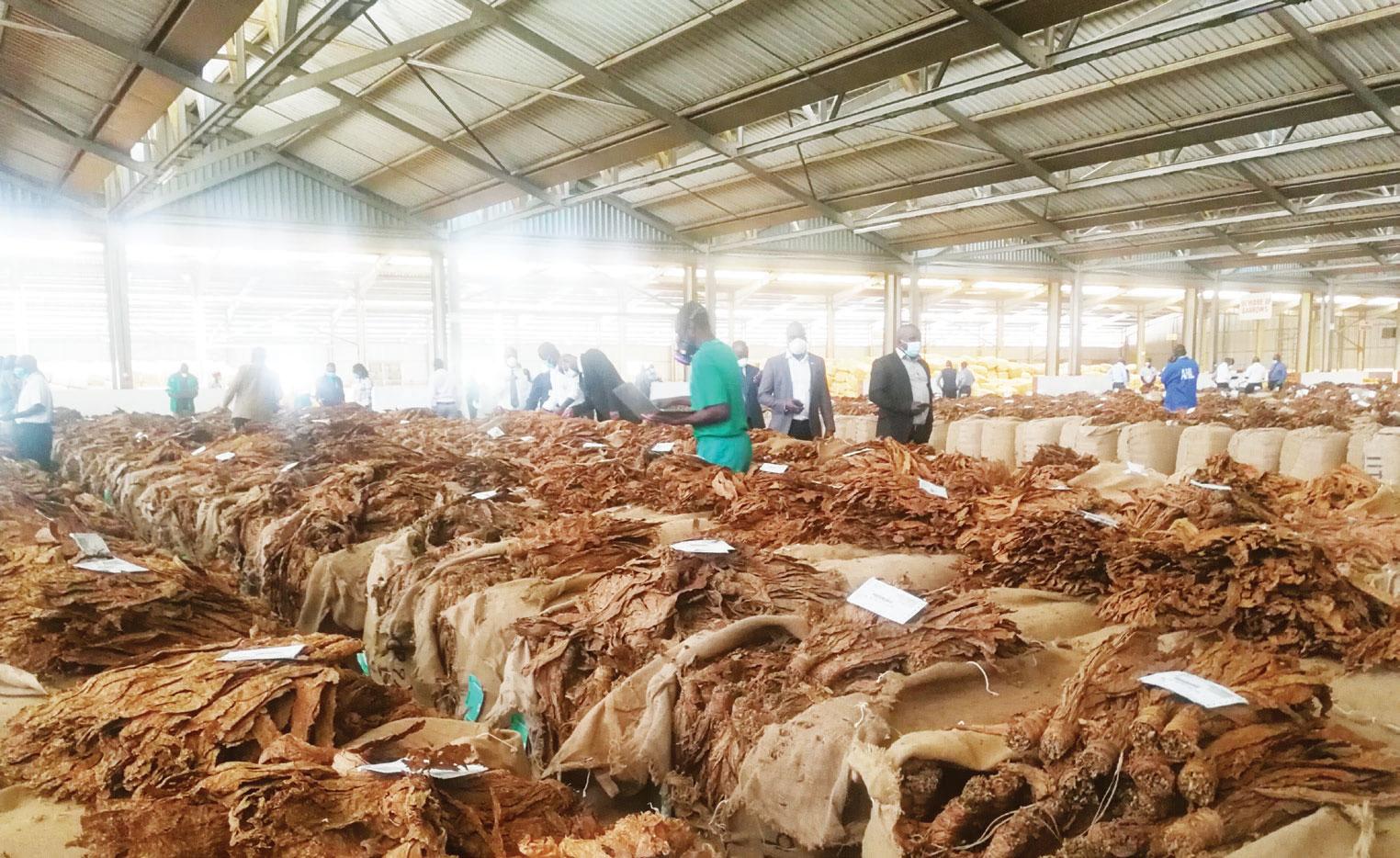Africa-Press – Malawi. Malawi’s terms of trade— the ratio between the index of export prices and the index of import prices—is projected to remain volatile as value for exports continues to dwindle while prices of imports remain elevated. This, economists say, will continue exerting pressure on the local currency, the Kwacha, and the economy at large.
In its recent Monetary Policy Committee report, the Reserve Bank of Malawi shows that the country’s main exports like tea, sugar and tobacco fetched lower prices during the second quarter of this year than the preceding period while prices for main imports such as fuel, fertiliser and pharmaceuticals rose.
According to the report, price of tea at the Mombasa market for instance, averaged $2.34 per kilogramme (kg) during the second quarter of 2022 compared to $2.65 per kg it fetched in the preceding quarter.
On the European Union market, sugar was being sold at an average price of $0.35 per kg which was slightly lower than $0.37 per kg during first quarter of the year.
“Prices of fuel and fertilisers remain elevated, driven by persistence of the pandemic-induced supply chain disruptions which have been exacerbated by the Russia-Ukraine war.
“Resultantly, Malawi’s terms of trade deteriorated in 2022 Q2, reflecting a steep rise in prices of imports against declining prices of most exports,” the report reads.
Economist and Director at Centre for Research and Consultancy Milwad Tobias said if the status persists in the short to medium terms, the impact on the economy could be severe.
Tobias indicated that huge disparities on terms of trade will continue until government diversifies the economy, implements import substitutions and reduce expenditure on consumption and focus on industrialisation.
“The imports whose prices are rising do not have substitutes in the short term and for now the Kwacha is at risk unless we find other means of having foreign currency in the country rather than exports only,” he said.
Due to reduced exports prices and increased imports prices, merchandise trade for the second quarter resulted into a deficit of $593.5 million compared to a deficit of $456.6 million in the preceding quarter and a deficit of $491.4 million for the same period last year.
The outcome represented the combined effect of a 7.8 percent decrease in exports to $168.7 million and an increase in imports of 33.5 percent to $762.2 million during the period.
Malawi, an agrarian economy, economy heavily depends on exporting raw agricultural products including tobacco, tea and sugar. Harsh weather conditions like cyclones Ana and Gombe during the 2021-22 agricultural season, have had a huge impact on output.
The dwindling of agricultural outputs have been compounded by a sluggish global economic recovery from the Covid pandemic and the Russia-Ukrainian War have disrupted supply chains and moved commodity prices to record high.
Justin Mkweu is a fast growing reporter who currently works with Times Group on the business desk. He is however flexible as he also writes about current affairs and national issues.
For More News And Analysis About Malawi Follow Africa-Press






